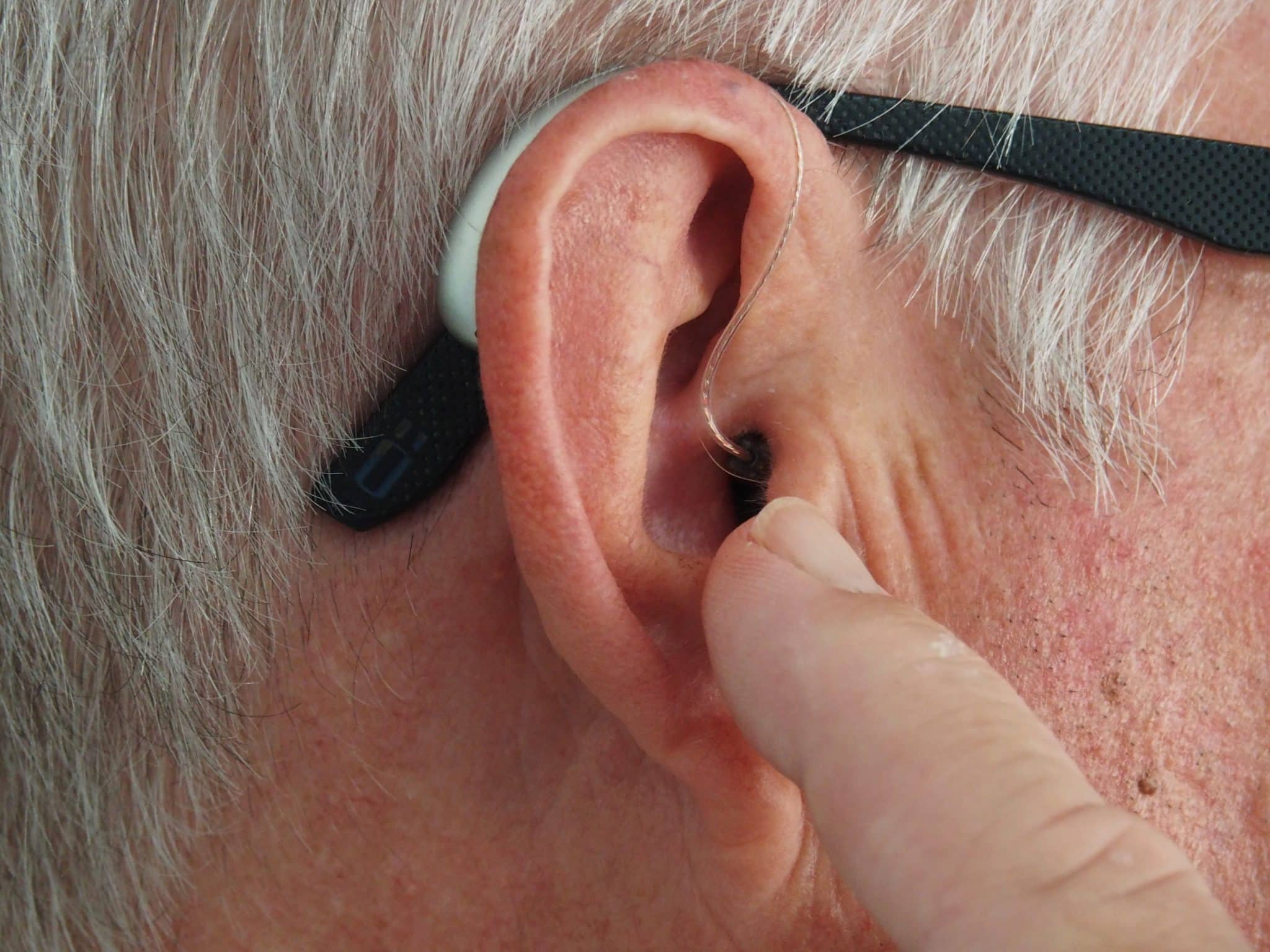High amounts of stress can be bad for your body, and did you know this can include your hearing? Find out ways to manage your stress while protecting your ears. Do you have muscle tension, headaches, or trouble sleeping? If so, you may be experiencing symptoms of stress. This is a term we often throw around in everyday situations and attribute as an emotion. In fact, stress is not as much emotion as a process your body undergoes to protect itself. According to the Mayo Clinic, stress can affect your physical body, mental health, and behavior. If you see changes in any of these areas, adopting calming techniques could mitigate some of the unnatural stress in your life.
Can Hearing Loss Be Caused By Stress?
Stress is a very common part of day-to-day living but having increased amounts of stress can result in hearing loss, as well as headaches, irritability, and digestive problems. Steps you can take to help stay relaxed include:
How Lack of Sleep Can Cause Hearing Loss
Getting enough sleep is extremely important for a healthy body and mind. Sleep is the time during which the body repairs muscles and strengthens bones. Although children usually need more sleep than adults, it is essential at all stages of life. Fatigue weakens your ability to focus and think critically, which will eventually lead to stress in the workplace. A lack of sleep can also increase your risk for diabetes and obesity, diseases that also result in hearing loss. Get at least seven hours of sleep daily and increase the number of hours you sleep if you still find yourself waking up tired.
How Stress Affects the Body
The body’s response to stress is to release chemicals into the bloodstream that will improve mood or protect the physical body. Essentially, stress helps the body adapt to a challenging situation. Individuals handle stress differently, and while some people cope better than others, stress still affects everyone. Short-term stress, often coming along with the feeling of nervousness or discomfort, can actually benefit you. Think about preparing for an interview or carrying heavy weights at the gym. Both are types of stress that can improve your mental or physical body over time. However, chronic or traumatic stress negatively affects you over time. Think of major life changes like a divorce or long-term struggles with finances. This type of stress can hurt your health. The National Institute of Mental Health states that chronic stress leads to issues with digestion, sleep, immunity, and reproduction, resulting in issues like depression, high blood pressure, diabetes, and heart disease.
How Stress Affects Hearing: The Risk of Hearing Loss
When stress goes unchecked, it can also affect your hearing. Stress and adrenaline in the body alter blood flow, something that is incredibly important to hearing health. The small hairs inside your ear require oxygen and nutrients provided by blood, so without consistent flow, ear cells are damaged. Another result of life-long stress is hypertension and high blood pressure, which also lead to hearing loss, muffled hearing, or pain in the ears. The International Tinnitus Journal published a study linking stress with tinnitus, determining that stress leads to lower blood supply, which decreases oxygen flow, which then causes damaged ear cells, and eventually hearing loss. This is unfortunately a challenging cycle because tinnitus, or ringing in the ears, brings more stress to your life and restarts the process of hearing damage.
Avoiding Stress-Induced Hearing Loss
Be sure to take regular breaks during work. Many stress-inducing tasks that seem difficult or impossible to complete can be made less difficult if you take a short interlude and address them later on. Individuals that work in particularly noisy environments like construction sites or subway stations are at an increased risk for hearing loss, and taking 15-minute breaks can reduce your chances of sustaining hearing damage in these work settings. Take advantage of lunch breaks and bathroom breaks to clear your head and move to a quieter place.
Tips and Tricks for Managing Stress: Reducing the Risk to Your Hearing Cells
Worried that stress is affecting your health and hearing? Try out some of these methods that bring order and calm to your life:
- Adopt a regular exercise regime
- Try meditation or breathing exercises
- Talk to your family and friends about personal issues
- Make an appointment with a mental health professional
- Remove any self-sabotaging habits like overeating, smoking, or substance abuse
- Break down overwhelming tasks
- Embrace new or old hobbies
Treating Hearing Loss Caused by Stress
Have you ever thought that doing multiple assignments at the same time would help you to complete tasks faster? Multitasking may actually be less efficient, making you less productive and increasing your stress levels. Try to complete tasks one by one, rather than doing them simultaneously. If you find that you aren’t getting work done quickly enough, ask for help in completing tasks or find other methods to lessen your workload.
Exercising Regularly to Improve Hearing and Reduce Stress and Anxiety
Exercise is one of the best methods for counteracting stress. Even walking for 30 minutes a day can better your mood and lower stress. Regular exercises like running and lifting weights can also help to maintain normal body weight. Interestingly enough, obesity and diabetes are associated with hearing loss, so exercise will not only protect against stress-induced hearing loss but could also reduce the risk of other hearing loss factors.
Communicating When You Have Hearing Loss Caused by Stress
Many factors that cause stress can be resolved by extending communication. Let your boss or coworkers know what they can do to create a more comfortable work environment. Don’t be afraid to ask questions; having extra clarity will often make assignments easier to complete. Communicating with friends, family and other loved ones can be a great stress reliever and also help to better relationships. Not only will these steps preserve your health and hearing, but they can also increase your workplace productivity and quality of life. Stress with inevitably be part of your life, but don’t let it control you or your hearing!
By: Diana Ford and Aaron Rodriguez
Sources: Mayo Clinic, NIMH, International Tinnitus Journal




